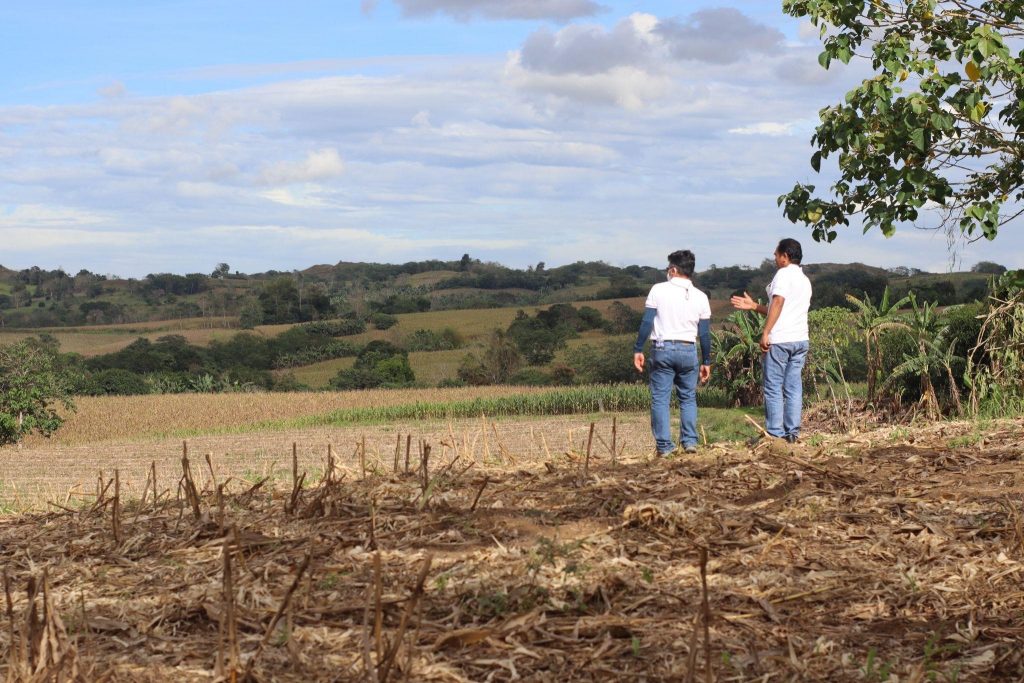The current business climate has been influenced by globalization, rapid shifts in technology, the economy, and society, as well as heightened competition. These factors have also changed the importance of knowledge, innovation, and creativity in the workplace, classroom, and day-to-day activities. Although creativity and innovation are often studied apart from knowledge management, the two ideas are intricately intertwined and, in fact, complement one another. The examination of knowledge management’s effect on organizational innovation performance has been made easier by the thorough linking of knowledge management to creativity and innovation management. Additionally, this method enables research into how innovation and creativity can be used to boost knowledge management effectiveness.
Generating creative procedures and processes, as well as producing new products and services, can help transform a company, sector, or nation. Creating new sources of client demand, encouraging personal and organizational growth, and rethinking established regulations can all help a business evolve, thrive, and continue to exist. Lack of action may result in stagnation, degradation, or death.
Despite having an intrinsic capacity for creativity and a tendency toward lateral thinking, creative individuals must hone these abilities in order to excel in their specific fields. People get better at putting their talents to use quickly and consistently, as well as integrating them with other ways of thinking and feeling. The five stages of creation are listed by Graham Wallas in The Art of Thought.
Preparation
Preparation is researching a certain topic of interest, opening the mind, and immersing oneself in materials, thinking, and meaning. This foundation of information and experience, together with the ability to absorb new ideas and behaviors, can aid in sorting through ideas more quickly. However, depending too heavily on existing information may hinder creativity. Preparation broadens the intellect and allows one to study a field’s products, practices, and culture. Repetitive practice is also part of the preparation stage, so that the existing field of production may be understood and best practices can be identified, whether or not it is currently capable of matching them.
Incubation
Incubation refers to giving oneself, and particularly the subconscious mind, time to integrate what was learned and practiced during the preparation stage. Incubation entails a lack of practice. A change of setting is essential for idea incubation. A new setting allows someone to be exposed to stimuli that are not immediately related to the creative problem. Incubation allows the mind to combine the creative challenge with previously stored memories as well as other thoughts or emotions. It takes a lot of patience to wait for incubation to work. Many creative and innovative people create physical hobbies to keep their minds occupied while they enable ideas to incubate.
Insight
The “aha!” moment when the answer to a creative problem suddenly becomes clear to your conscious mind is known as “illumination” or “insight.” The “aha!” moment has been documented in historical accounts, literary works, and cognitive research on creativity. One may have insights gradually or all at once. These are hard to grasp because, in research and experimental settings, they are hard to isolate by definition. An insight is that fleeting instant of brilliance that results from your practice, preparation, and period of incubation.
Evaluation
The purposeful investigation of concepts is referred to as evaluation. At this stage, creative professionals will frequently invite others to criticize their work. Evaluation can take numerous forms because it is tailored to the expectations, best practices, and established product leaders in each industry. People would like to ensure that the assessed standards are adequate. For example, people could opt to interview a few customers regarding a product or service’s target demographics. The key goal is to understand the customer’s point of view and how well the idea resonates with theirs.
Elaboration
Elaboration, or real production, is the final stage of the creative process. The release of a minimum viable product (MVP) can be part of the elaboration process. This version of the innovation may not be polished or comprehensive, but it should perform well enough to begin marketing it while still iteratively developing it. Elaboration can also include the creation and publication of a prototype, the release of a software beta, or the creation of a piece of artistic work for sale. What matters most at this point in the entrepreneurial creative process is that the work be made available to the public so that it can be adopted.
Being recognized for ideas is a goal shared by many businesses, but it is not always simple to make this ambition a reality. ASSIST Asia is here to help in connecting creative people through communities, discovering patterns through analysis, and establishing methods for developing new information that can aid in stimulating innovation.
References:
Cabrilo, S., & Grubic-Nesic, L. (1970, January 1). The role of creativity, innovation, and invention in Knowledge Management. IGI Global. https://www.igi-global.com/chapter/role-creativity-innovation-invention-knowledge/68328
Garfield, S. (2023, May 9). Creation process: Knowledge creation, invention, and Innovation. Medium. https://stangarfield.medium.com/creation-process-knowledge-creation-invention-and-innovation-e3d6741d391a
Laverty, M., & Littel, C. (n.d.). Developing ideas, innovations, and inventions – entrepreneurship. OpenStax. https://openstax.org/books/entrepreneurship/pages/4-3-developing-ideas-innovations-and-inventions




